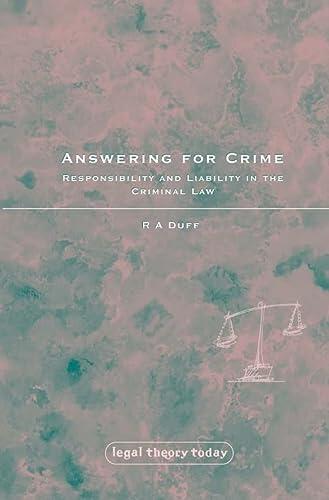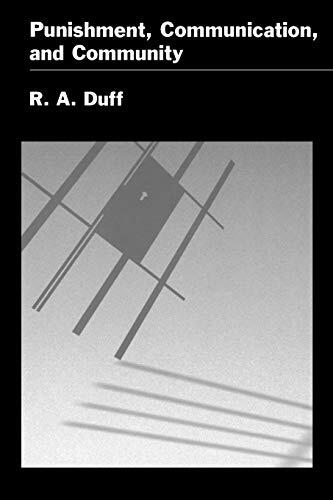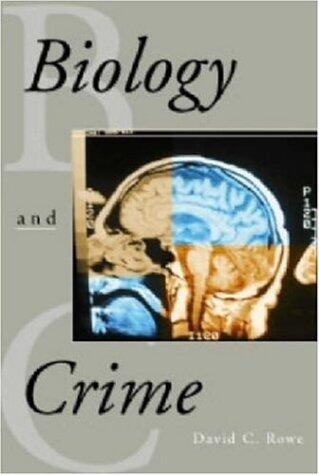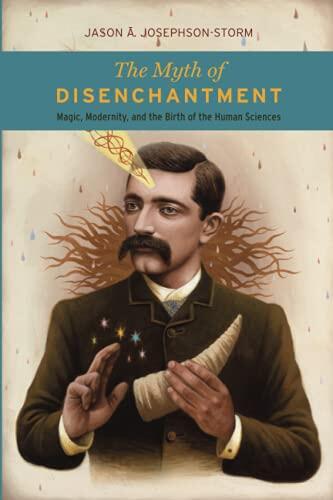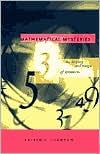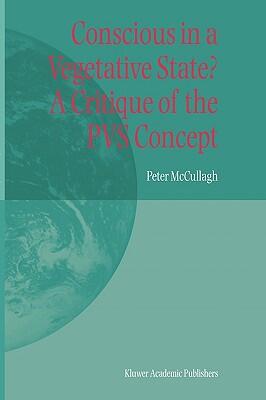
Conscious in a Vegetative State? A Critique of the PVS Concept
작성자
Peter McCullagh
아직 평점이 없습니다
Philosophy
형식
하드커버
페이지
374
언어
영어
출판됨
Oct 4, 2004
출판사
Springer
판
2004
ISBN-10
1402026293
ISBN-13
9781402026294
설명
In a profound exploration of the complexities surrounding the diagnosis of vegetative state (PVS) patients, Peter McCullagh delves into the ethical and philosophical implications of consciousness within this medical category. Through rigorous analysis, he scrutinizes the initial use of the term PVS, originally intended to foster dialogue about patients with severely diminished awareness. McCullagh questions the very foundations of this classification, urging a reevaluation of what it means to be considered conscious.
His critique extends beyond medical definitions, highlighting how societal perceptions and legal frameworks intertwine with concepts of life, autonomy, and dignity. As he navigates the intricate landscape of ethics, McCullagh adeptly engages with recent advancements in neuroimaging and scientific research, illuminating the potential for unexpected levels of awareness in patients previously deemed unreceptive.
The discourse is enriched with personal narratives and case studies that humanize the often clinical discussions surrounding PVS. By weaving together diverse perspectives, the author forces readers to grapple with the unsettling realities that challenge long-standing beliefs in both medicine and law.
Ultimately, McCullagh’s work serves not only as a critique but also as a call to action for a compassionate and informed approach to individuals living in a state of reduced consciousness. The implications of his arguments echo far beyond the medical community, inviting a broader conversation about ethics, personhood, and the profound value of human life.
His critique extends beyond medical definitions, highlighting how societal perceptions and legal frameworks intertwine with concepts of life, autonomy, and dignity. As he navigates the intricate landscape of ethics, McCullagh adeptly engages with recent advancements in neuroimaging and scientific research, illuminating the potential for unexpected levels of awareness in patients previously deemed unreceptive.
The discourse is enriched with personal narratives and case studies that humanize the often clinical discussions surrounding PVS. By weaving together diverse perspectives, the author forces readers to grapple with the unsettling realities that challenge long-standing beliefs in both medicine and law.
Ultimately, McCullagh’s work serves not only as a critique but also as a call to action for a compassionate and informed approach to individuals living in a state of reduced consciousness. The implications of his arguments echo far beyond the medical community, inviting a broader conversation about ethics, personhood, and the profound value of human life.










